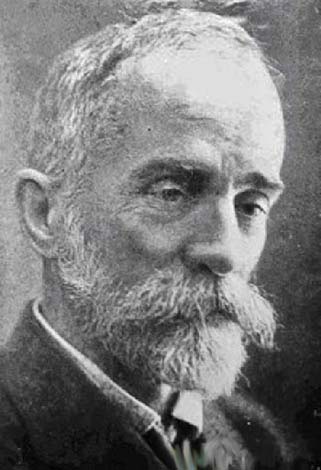Vysotsky, Yurii
Vysotsky, Yurii or Heorhii [Висоцький, Юрій or Георгій; Vysoc'kyj, Jurij or Heorhij], b 19 February 1865 in Mykytivka, Hlukhiv county, Chernihiv gubernia, d 6 April 1940 in Kharkiv. Forester and soil scientist; full member of the All-Union Academy of Agricultural Sciences from 1934 and of the Academy of Sciences of the Ukrainian SSR from 1939. He graduated from the Petrovskoe Agricultural Academy near Moscow in 1890. He joined Vasilii Dokuchaev’s expedition to study the causes of drought in Southern Ukraine and oversaw the forestation works (see Shelterbelt) at the Velykoanadol Forest Project in the Mariupol region (1892–1904). He taught at Kyiv University (1917–19) and was appointed a professor at Tavriia University, the Crimean Agricultural Institute in Simferopol, and the Belarusian Agricultural Institute in Minsk (1923–6). He served as a department head at the Kharkiv Agricultural Institute (1926–30) and as consultant at the Ukrainian Scientific Research Institute of Forest Management and Agroforest Amelioration in Kharkiv (1930–40). He was a leading authority on steppe soils and a founder of soil hydrology in arid regions. Vysotsky introduced the oroclimatic classification table for soils, first calculated the forest and field moisture balance, and developed the theory of the transgressive role of forests. His numerous scientific works include Pokrovovedenie (Topsoil Science, 1925) and Materialy po izucheniiu vodookhrannoi i vodoreguliruiushchei roli lesov i bolot (Materials for the Study of the Water-Conserving and Water-Regulating Role of Forests and Marshes, 1937). Collections of his selected works were published in 1960 and 1962.
[This article originally appeared in the Encyclopedia of Ukraine, vol. 5 (1993).]

